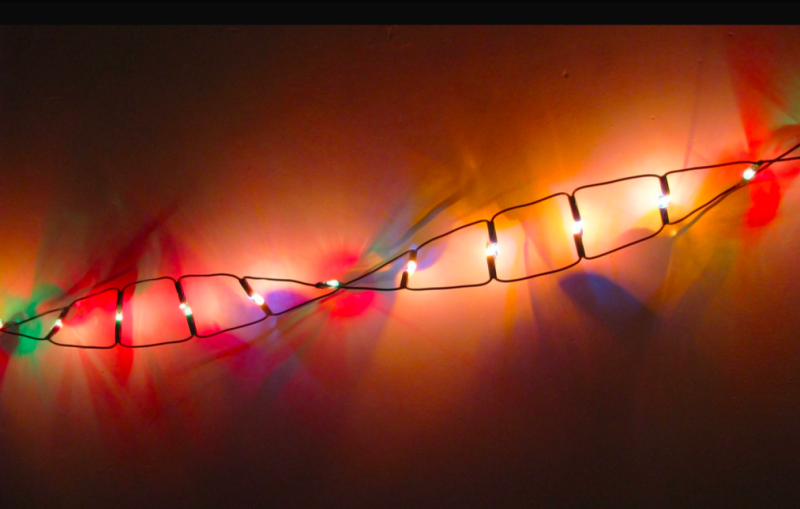But Google is now the only public cloud provider to offer the GATK toolkit as a service. By making the software available in the cloud, researchers can run it on large data-sets without access to local computing -- and that frees up both time and resources.
"GATK was already available to researchers and tens of thousands have used the software to analyze their data," said Starr. "Google adds the power of being able to handle much more data at a time."
Google Genomics' product manager Jonathan Bingham told KQED two groups will benefit most from this partnership: small research groups who lack sophisticated computing, and any individual who wants to analyze large genomic data sets without needing to download them.
“Broad Institute has got a tremendous amount of expertise working with large numbers of biological samples and huge volumes of genomic data," Bingham explained. "Meanwhile, Google has built the infrastructure and tools to process and analyze the data and keep it secure.”
The toolkit will be available for free to nonprofits and academics. Businesses will need to pay to license it from the Broad Institute.
Some genetics experts say this announcement is evidence that the health industry is increasingly willing to embrace cloud computing. In the past, health organizations have been hesitant due to concerns about compliance and security.
"This suggests that the genomics industry has moved beyond the cloud debate," said Jonathan Hirsch, president and co-founder of Syapse, a Silicon Valley-based company that wants to bring more genomics data into routine clinical use.
"It is OK for researchers and clinicians to do genomics work in the cloud, and trust that cloud provider's hardware and software."
In the future, Bingham said there may be opportunities to work on projects to further our genetic understanding of cancer and diabetes.
But for now, he said, the organizations are focused on "general purpose" tools that aren't specific to a disease and can be used by researchers everywhere.
